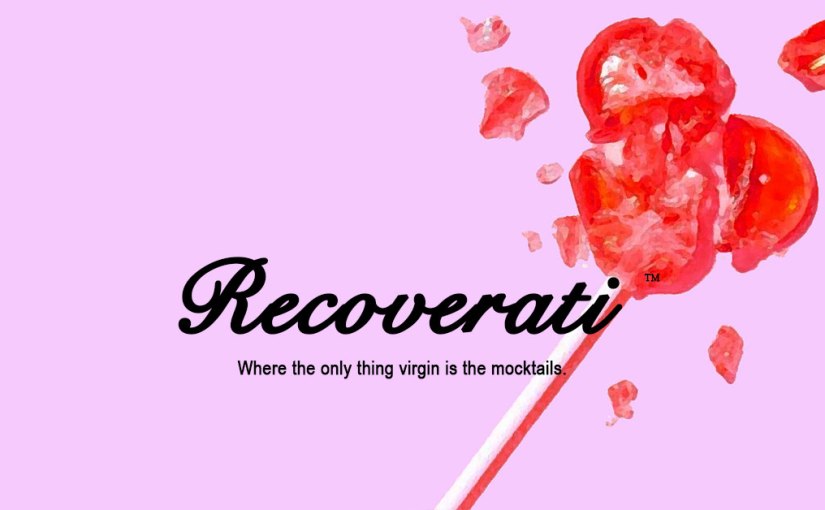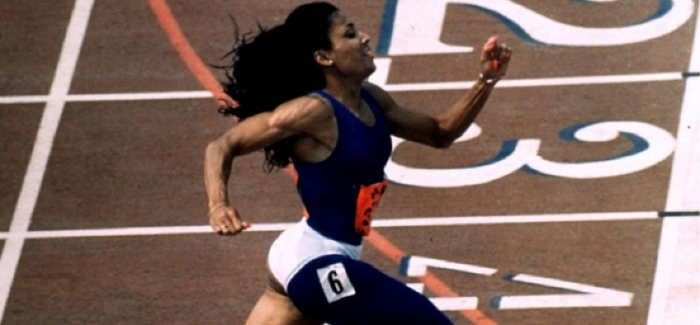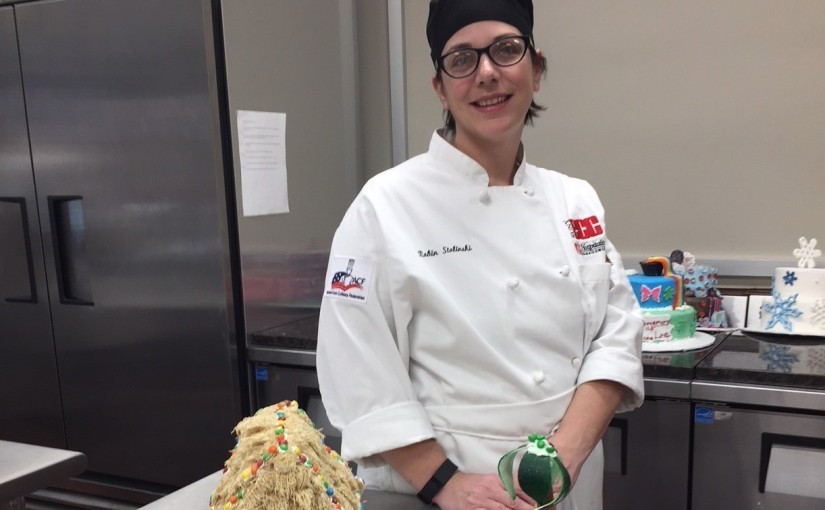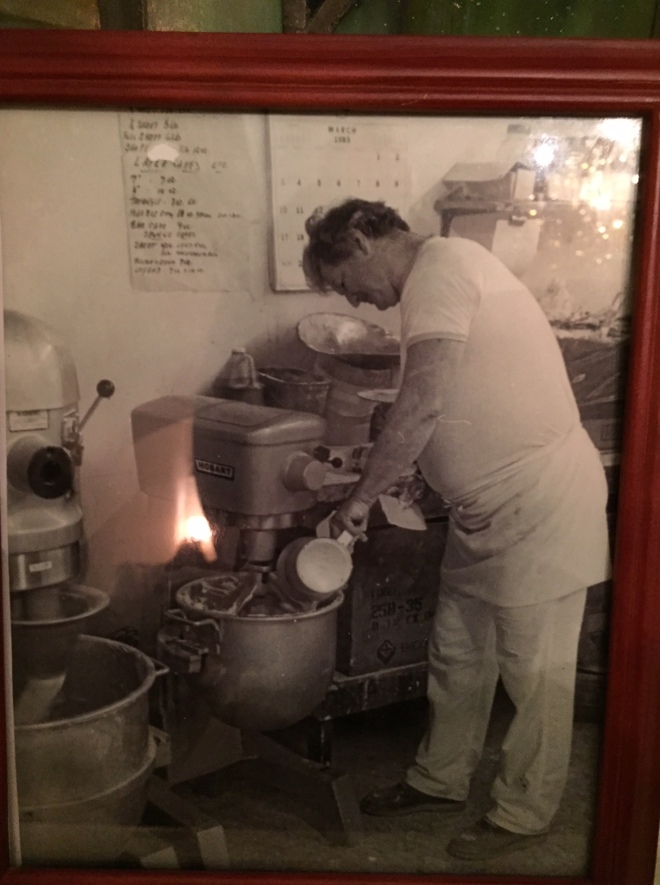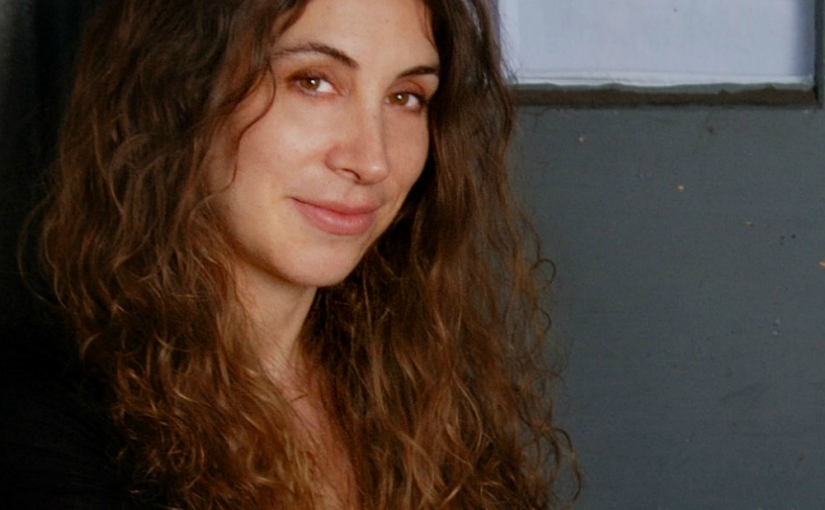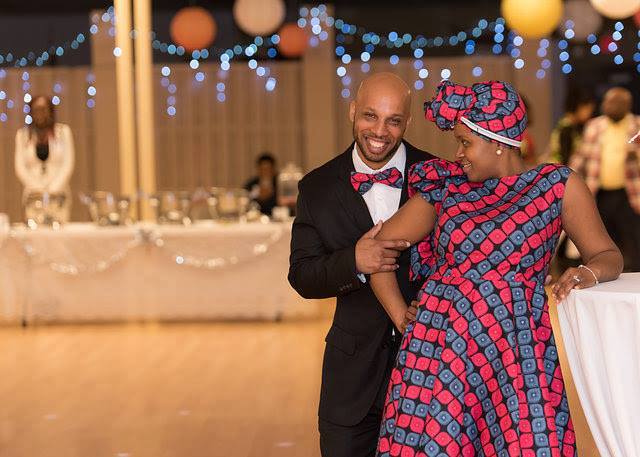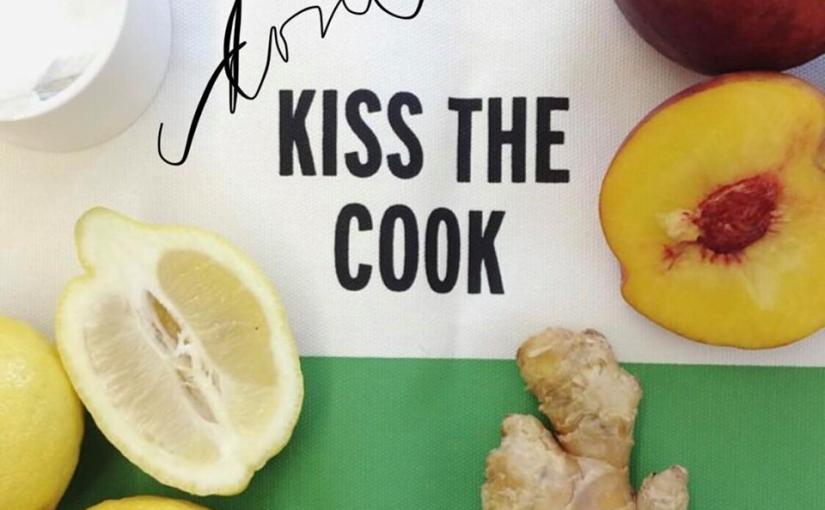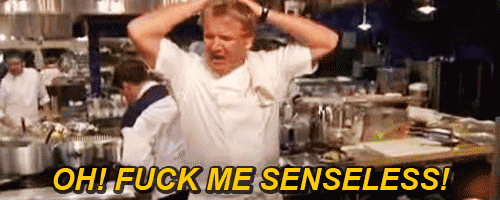In high school, my sister and I ran cross-country and track. She was the prodigious sprinter, while I was the patient long-distance runner. The amount of comparisons I made between myself and my twin were alarming–her smaller BMI and legs, for starters–disqualified me from being a “real” runner. I opted for the inconspicuous art of running long distances hoping people would get too bored to notice me. The whole sport was a practice in disappearing, slowly but surely. I found it all to be a really dramatic joke, but I needed to be well-rounded. Frankly, I thought that this would help me lose weight and look good. As insecure as I was, I secretly wanted to be like Flo Jo and impress everyone, while simultaneously never being seen. My uniform was about two sizes too small, yet I continued to wear it with the hope that I would soon fit into it.
During one particularly humiliating meet, I got lost in the woods after I fell far behind the girls in front of me. I also tried to spit (like I had seen so many other runners do) while moving at a moderately-fast clip. Instead, I spit up on my extremely short shorts in front of the entire men’s team. I do not know which part was worse: my shorts riding up my See You Next Tuesday, my thunder thighs fighting each other with every stride, or the waterfall of mucus flowing down my shorts. If I were a betting woman, I would have wagered that this was the time to give up. But for some reason, I kept on running for the rest of the season. My times were ‘eh,’ so my desire to distract myself from my insecurities freed me up to socialize. Our coach used to tell us that if we had the breath to talk to each other during one of our six or eight-mile runs, we were doing it wrong. I told myself I’d rather make friends than run faster. As a result, I got team MVP for my senior year. The irony was, in a word, dripping.
All told, I did eventually become a real runner–only after I stopped practicing the sport. Drinking comes in handy that way. I became an All Star Life Sprinter. That is to say, I learned how to run VERY quickly away from things. In fact, I sprinted, hopscotched and hurdled through twelve different locations, spanning from Vermont to Florida, Virginia to California. My resume read like a well-worn map. At one point, I worked in Jonesboro, Arkansas, where I became a crowd (and bouncer) favorite at a fine establishment known as The Electric Cowboy.
The only reason I know the actual number of addresses I accumulated over a ten-year period is because I had to make note of them when I filed for bankruptcy in 2015. And those twelve were only the addresses I could remember. How does one forget where she has lived? It’s like when you’re driving down a busy street and you see a discarded pair of pants on the sidewalk–like, how do you lose your pants, guy? What happened there?
The short answer is, I panicked (I suppose you could say the same for the man who lost his pants). I have had plenty of opportunities in my 12-step program and through therapy to spiritually and psychoanalytically analyze my past behavior. It is clear to me that time is not what slowed me down. In fact, I have moved on four different occasions in recovery: once when I couldn’t afford my place after the accident, several times when I kept breaking up with my boyfriend (staying on friends’ coaches), the move from Los Angeles back home to Virginia (at my mom’s house) and finally to Richmond in the apartment I share with my husband. What has made the difference between my pathological moving while drunk and my displacement while sober is an indefinable sense of finality. I am who I was always meant to be, even as I continue to grow. And more honestly, there is nowhere else I have the energy to be.
I used up all of my panic. And then I ran out of steam.
Two weeks ago, I began seeing a life/career coach. This is a huge deal for me, and here is why:
One of my favorite activities while wasted was chatting up Uber/Lyft drivers. At times, I broke out into French if I sensed the driver was Haitian or from some francophone country. As presumptuous as I was (and still am), I did meet quite a few interesting characters–one of whom was a life coach. He sensed my lost-ness (and perhaps my vulnerability) when I yammered on about how much I hated my job at the time, seizing the opportunity to take on a new client. We exchanged information, which I naturally forgot as I closed the car door.
A couple of days later, he called me. I was a fastidious drunk, therefore I always kept clear notes on whoever left their number in my phone. Very specific things, like “Uber man coaches life wears too much paco rabanne <emoji emoji.> We talked for about five minutes, wherein we set an appointment to do a phone session the following week. Time flew the drunker I got, so a week came and went pretty quickly. I will never forget where I was when I got that phone call. I will never forget because it was one of the last angry drunks I had. I was angry at myself and my life choices, but mostly angry because I could not actually get drunk. I had spent the ensuing week since my phone chat with the Uber man in a cosmic haze of vodka and cocaine, sidled up to a man whose father was a semi-famous producer with a Malibu beach house. He was a writer, something I wanted to be but was too drunk to follow-through with; he was a rich kid, which is something I was fascinated by because I had no money; he had unlimited liquor, which blots out anything else I knew about him. He poured me Bloody Mary after Bloody Mary and I was bloody pissed because nothing worked. After two hours went by, with no drunk luck, we all went outside to watch dolphins pop out of the water over the dwindling horizon’s pink backdrop. Even that miracle of nature bored me. I began to feel the sting of tears emerge from my eyes, and suddenly my phone rang. No one noticed as I slipped away through the window-to-ceiling glass french doors to take the call.
Uber driver began asking me rapid-fire questions about my childhood, my hopes, my dreams. I became increasingly irate as he continued to press the issue of why I seemed so angry, so dismissive. I sputtered off some incoherent ramblings about my mother, my dad’s death, my sister and my Catholic school experiences, but he would not hear any of it. Instead, he simply asked me to talk out loud to myself as if I were a child. I was furious. I told him to shove his Freudian platitudes up his ass, in so many words. We never spoke again. And I never did get drunk.
So I ran until I fell. Straight to the bottom of my pitiless existence.
And then I got sober.
Four years later, I find myself sitting across from a woman I’ve known only through the recovery process. She is a friend who I’ve asked to help me decide what to do with my life, once and for all. During our first session, she recommends that I do not make any job or career moves–no quitting a job, no starting a new job. I felt my ears ring and my chest tighten. I was about to start a job I was convinced I didn’t want. I was there to beg her to tell me anything that would encourage me to leave. But instead, she told me to stay. I was horrified.
Through a series of questions and answers, meditations and surveys, I’ve prayed my way through 1,000 forms of escape fantasies. Every cell of my being screamed at me to turn and run away on my first day at work. Who did I think I was? Why would I start a job with as many doubts as I had? What if I wasted my time, stayed, only to become staid? The vicious memories of conversations I’ve had with past lovers and friends floated to the surface–“I promise, I’m not going anywhere” was my infamous line. I never meant it then, and I did not want to mean it now.
But I am here, staying.
While cleaning up our work kitchen tonight, my supervisor looked at me for a beat too long. I asked him what was up. He says, “There are times when I look at you, trying to read your face. I keep thinking to myself that you will be just like the cooks before you, ready to run away from this place. I see you and I wonder if you have the desire to be here.” It was like getting that call, to hear those words–heartbreaking and entirely justifiable. I looked at him with awe and glee. For the first time in my life, I said it and meant it–
I’m not going anywhere.
xo
Photo Courtesy of The Indianapolis Star

